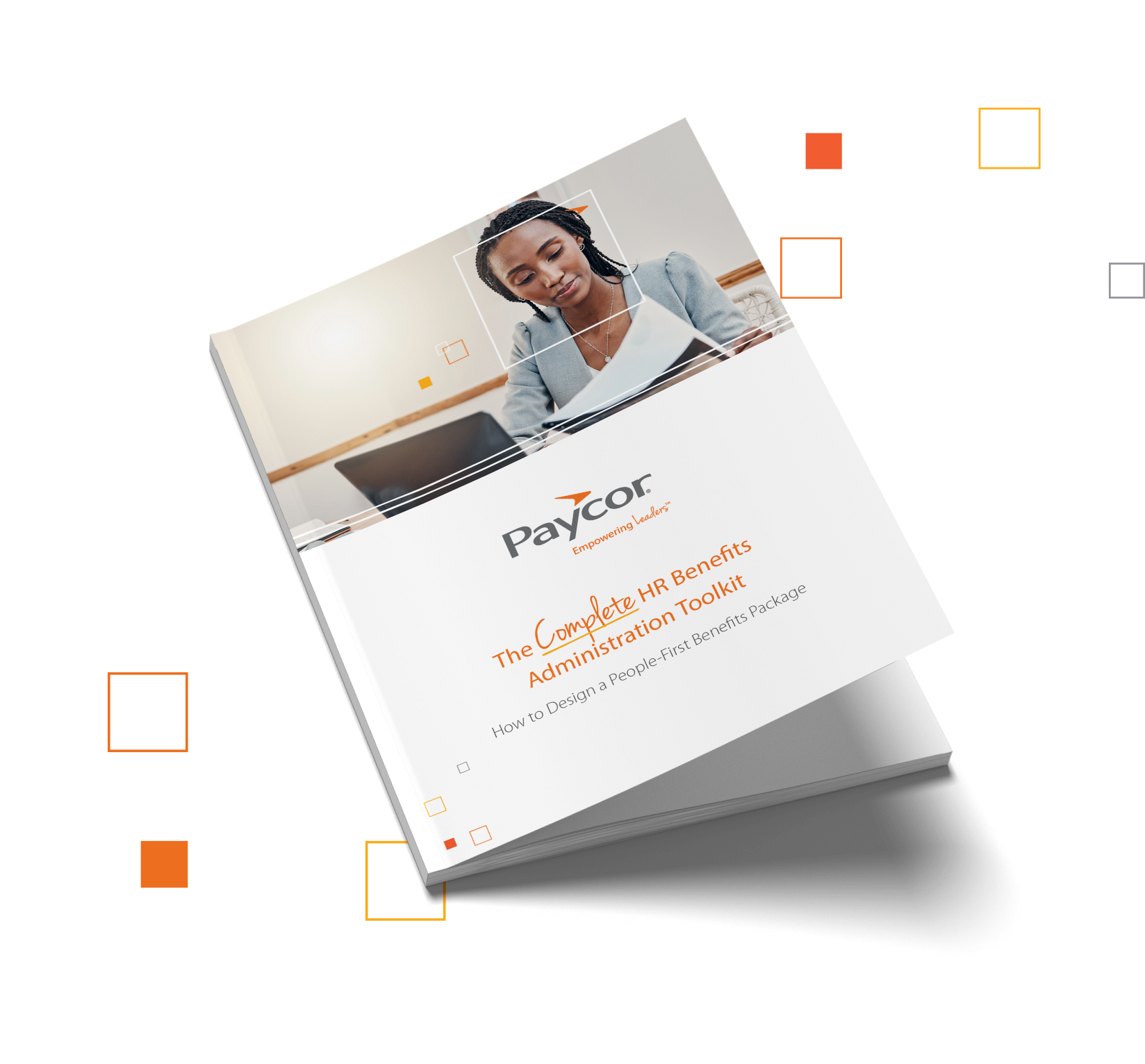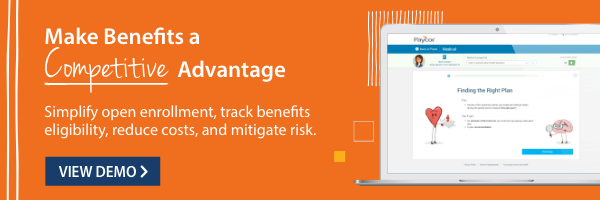At most companies, HR is responsible for handling benefits. You design a compliant benefits package, work with a broker to choose insurance companies and plans, and shepherd your team through open enrollment. HR also needs to understand several complicated, nuanced benefits-related questions. For example: what’s the difference between short-term disability vs. FMLA leave?
Both short-term disability and FMLA offer support to employees during times of medical need. But there are several key distinctions. Ultimately, these two benefits serve different purposes. Learn about each one to stay compliant while you support team members through challenging times.
Short-Term Disability
Short-term disability insurance covers employees who are temporarily unable to work due to a medical issue. When that happens, they’ll receive benefits paid out by the insurance company. The exact benefits vary by insurance plan and provider but typically include partial wage replacement for a pre-determined period, such as 30 days or one year. Like any other insurance plan, certain conditions may or may not be covered. For example, some short-term disability insurance plans cover COVID-19, but only if a doctor confirms it’s severe enough to prevent you from working. Other plans may cover employees who miss work due to quarantine, even if they don’t have symptoms. Some plans cover maternity leave, and others don’t.
On a federal level, short-term disability insurance is not a mandatory benefit. However, it is mandatory in a few states, like New York and California. If your business is outside those areas, you can still offer this insurance as an added benefit. No matter where you’re located, HR should stay apprised of local and federal regulations to keep the company compliant.
HR’s Role in Short-Term Disability
If your company offers short-term disability insurance, your benefits administrator will have several key responsibilities. First and foremost, you’ll need to work with a broker or insurance provider to choose the appropriate plan. Make sure you understand which conditions are covered, which employees are eligible, and what documentation is needed to process claims. HR is also responsible for communicating these details to the workforce, long before they need to make use of short-term disability benefits.
Family and Medical Leave Act (FMLA)
The FMLA is a federal law that gives eligible employees up to 12 weeks of unpaid leave per year without fear of losing their jobs. Employees can take FMLA leave for a variety of reasons, including but not limited to temporary medical conditions that render them unable to work. For example, employees can also take FMLA leave for:
- Birth of a child (birthing or non-birthing parent)
- Placement of a child through adoption or foster care
- Serious health conditions
- Caring for family members with serious health conditions
- Military caregiver leave
FMLA leave is only available to eligible employees. This benefit is mandatory for certain organizations, including all public agencies and all private employers with 50+ employees.
HR’s Responsibilities Under FMLA
If your company is required to offer FMLA leave, HR has several responsibilities. You should:
- Give employees notice of their rights under FMLA
- Field employee requests for FMLA
- Determine employees’ eligibility for leave
- Maintain accurate, updated records
- Continue to administer other benefits, like healthcare, while employees are on approved leaves of absence
If HR fails to comply with FMLA regulations, your company will face legal and financial consequences.

Ready to Update your Benefits Package?
Get the tools you need to tailor your benefits package to your unique workforce. Check out our guide, The Complete HR Benefits Toolkit.
Short-Term Disability vs. FMLA: Key Differences
| Short-Term Disability | FMLA | |
| Purpose | Wage replacement | Job protection and unpaid leave |
| Duration | Typically 3-6 months | Up to 12 weeks per year |
| Eligibility | Varies by employer and plan | Employees with 1+ year of service and 1,250+ hours worked in the past year |
| Coverage | Medical conditions preventing the employee from performing work | Serious health conditions (employee or family member), childbirth, adoption, military family leave |
| Pay | Partial salary replacement | Unpaid (unless combined with other paid leave) |
| Job Protection | Not guaranteed | Guaranteed |
What is EPLI Insurance?
While it’s not directly related to short-term disability or FMLA, Employment Practices Liability Insurance (EPLI) is another concern for HR professionals. EPLI covers an employer’s legal fees in case of certain types of lawsuits. Exact coverage varies depending on your specific plan, but this typically includes claims related to discrimination, harassment, and wrongful termination. EPLI can be helpful when HR has to navigate complex employee leave requests.
How Paycor Helps
Paycor’s resources empower leaders to streamline every aspect of people management. Benefits administration doesn’t have to be a headache. Instead, HR leaders can use our Benefits Administration software to manage employee elections, changes, open enrollment, and other important details. This tool works seamlessly with our Benefits Advisor solution, giving both managers and frontline workers the support they need, every step of the way.










